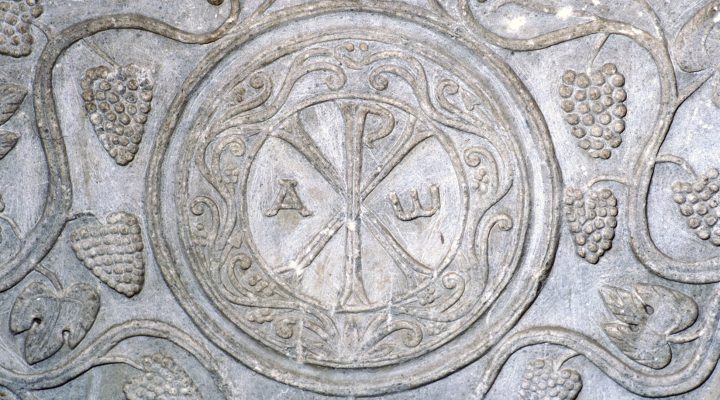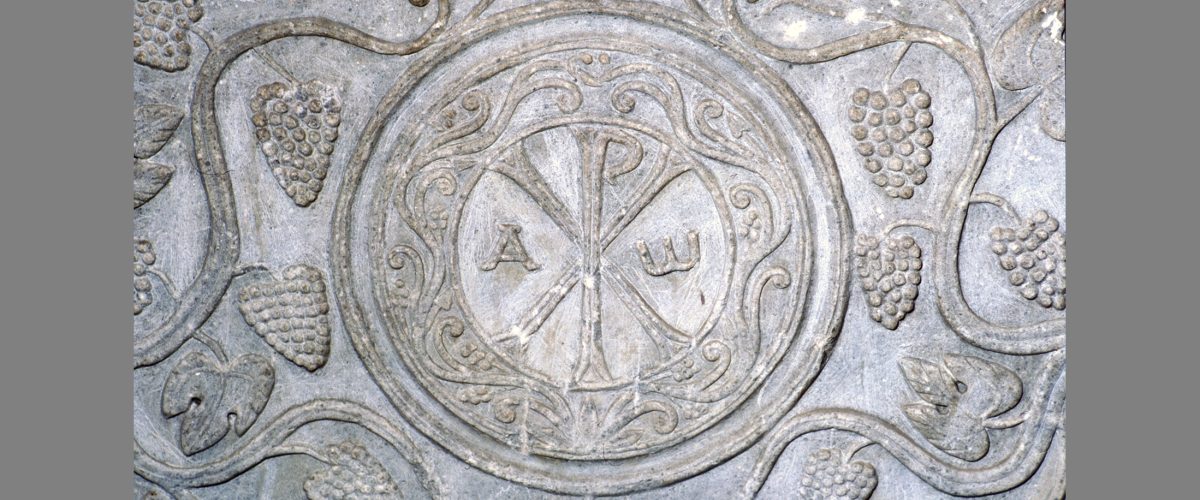A statement recently has emerged on social media saying, “Jesus was a liberator of the oppressed, not a mascot for the powerful.”
Certainly, Jesus was a defender and advocate for the poor, vulnerable and oppressed. He came to the aid of the woman at the well, the paralyzed man, the widow from Nain, the Roman official’s son, the blind, the hungry, lepers, demon-possessed, and mentally troubled. One does not have to read far into the Gospels to see that Jesus did, in fact, time and time again liberate the oppressed.
If we take the ministry of Jesus seriously, we will remember the words he quoted as he inaugurated his earthly ministry, “The Spirit of the Lord is upon me, because he anointed me to preach the gospel to the poor. He has sent me to proclaim release to the captives and recovery of sight to the blind, to set free those who are oppressed, to proclaim the favorable year of the Lord.” This summation of Jesus ministry should also be the reflection of Christ we offer to the world.
The convicting part of the statement is not that Jesus came to minister to the poor and oppressed, it is that Jesus did not come to be a mascot for the powerful. Ask yourself: “How have we oppressed Jesus by reducing him into becoming our mascot to further increase our privilege and status? How are we claiming Jesus simply to help us get what we want from life?”
“Jesus did not come to be a mascot for the powerful.”
It is easy for me to say using Jesus as a mascot has become an epidemic in our country. It is even easier for me to point the finger and say to others they need to be better. But using Jesus as a mascot is nothing new.
Perhaps one of the earliest and most infamous examples was when, by the end of the fourth century, Emperor Constantine made Christianity the official religion of the Roman Empire. At that point and for the first time in 300 years of existence, Christians turned their backs on the nonviolence that was a defining characteristic of the Christian movement and took up arms to kill in the name of Christ.
They literally wrote “XP,” the Greek abbreviation for Christ, on shield and sword to march into the field of battle to kill for Jesus. The strategic decision was tactical and ingenious for the emperor; but it was a decisive loss for Christianity — so it is every time we make Jesus our mascot.
If our theology effectively prevents us from identifying with, or at the very least being able to see, the poor and oppressed, then our theology has systematically prohibited Jesus from transforming our lives. We are the powerful, and Jesus has become our mascot.
A couple of decades ago, there were all kinds of conversations concerning how our society was becoming post-denominational. I pray we are not becoming a post-Jesus society where loving your enemy is considered weakness and loving your neighbor is ridiculed as being part of a “woke” agenda.
“The simple antidote to claiming Jesus as our personal mascot is to return to the values Jesus displayed.”
The simple antidote to claiming Jesus as our personal mascot is to return to the values Jesus displayed. We hear about the love and grace of God, but the most underrated value of Jesus is his compassion.
Compassion changes us, moves us, compels us to see outside ourselves — to see beyond our power and privilege, and to see the hurts and needs of others, to see people. Seeing others is exactly what Jesus calls us to do.
Compassion literally means to be willing to suffer with another person. When Jesus was confronted with a need, our sacred Scriptures tell us Jesus was moved with compassion. Jesus was unwilling to allow another person to suffer alone. He did not ask for identification or proof of correct doctrinal beliefs, and he certainly did not require them to prove their worth. He simply joined with them in their suffering and through his compassion the people found healing.
The love of God compels us to be moved with the same compassion of Christ. In fact, when we are faced with a need, if our response is anything other than compassion, then Jesus is not in us. It is compassion that transforms the great needs of the people in our world into moments of healing. (And is it not healing that brings liberation?)
We are at the cusp of Advent, the time of the year when we anticipate and celebrate the Christ-child coming into our world, God with us and even with us in our suffering. Perhaps I cannot change all the hurts in the world, but through Christ’s compassion I can change a world of hurt for someone.
As we turn our attention toward the birth of our Christ-king, may we find renewal in this season. May we find comfort in our Emmanuel. May we be moved to change the world by modeling Christ’s compassion. May we find hope in the advent of a baby.
My hope is not in the fact that Jesus was a liberator of the oppressed. My hope is that Jesus still is a liberator of the oppressed. May our hearts be so filled with compassion that we cannot help but be the hands and feet of Jesus, bringing healing into this world.
To borrow a phrase from my favorite musical, “If we do this right, the world will never be the same.” Yes, even as dark as some of these days seem, there is hope. A baby born in the most humble beginnings changed the world. May his healing work continue in us.
Jeffrey Howard serves as senior pastor at Woodland Forest Church in Tuscaloosa, Ala. He and his family live in the Birmingham area.
Related articles:
Mary the rosebud | Opinion by Julia Goldie Day
Circles of joy | Opinion by Phawnda Moore



